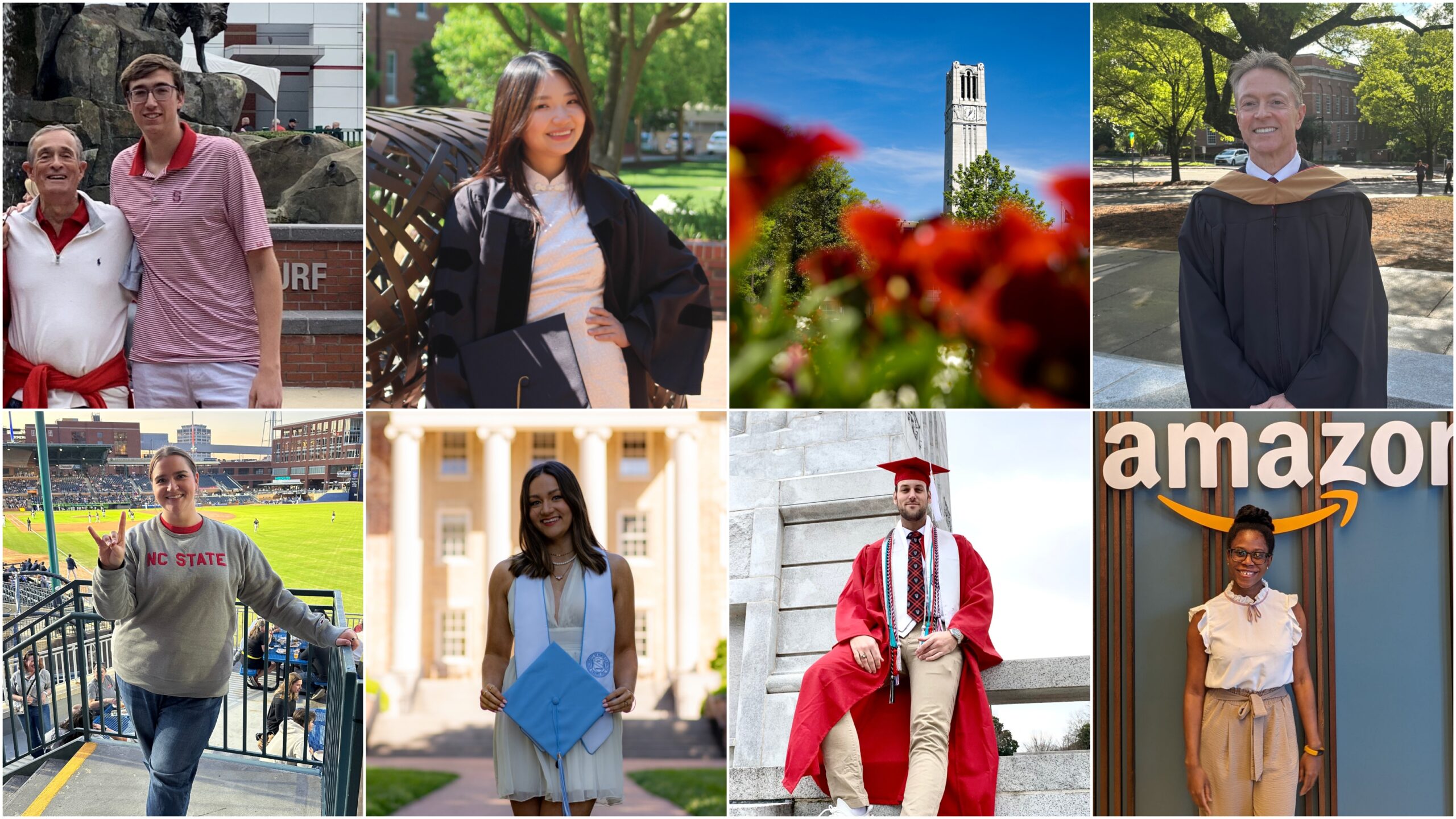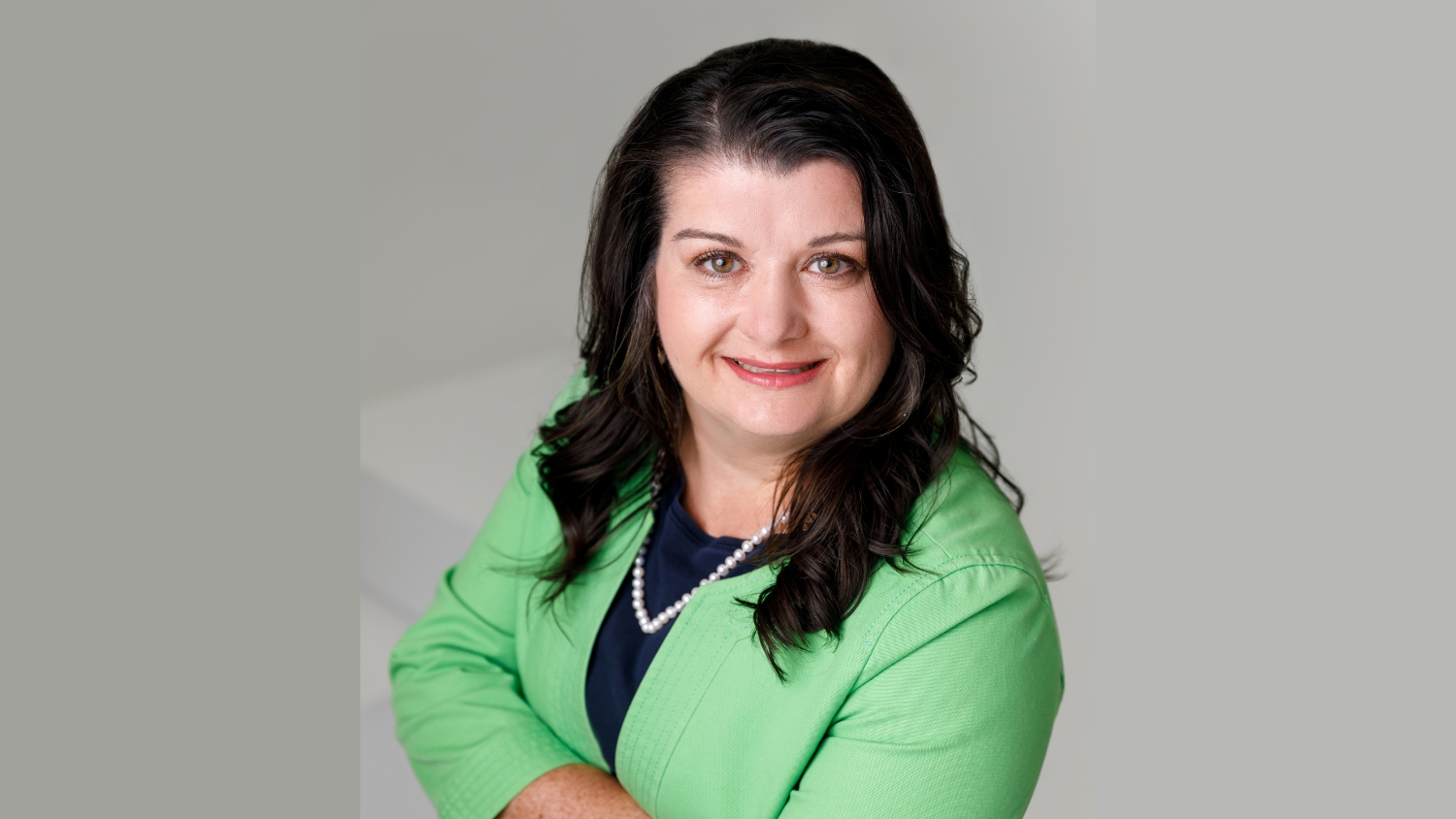MBA Course Pairs Students with Industry Clients to Solve Challenges and Gain Professional Experience

The last course Tamara Riddick took to complete her professional MBA through North Carolina State University’s Poole College of Management was Stefanie Robinson’s MBA 562 class, where she and a team worked with a local business, using market research to solve a marketing challenge that client was facing.
That course was also her favorite – so much so that Riddick, who graduated in December 2018, is now back working with MBA 562. This time she’s the client to a group of Robinson’s current students.
MBA 562: Research Methods in Marketing partners students with business and industry clients. It allows students to apply what they’re learning in the classroom in a real-world setting. At the same time, industry partners receive help with a problem they’re facing, at no cost, and have the opportunity to see the skills and talents Poole College students will soon offer in the workforce.
How it works
Prior to the start of the semester, Robinson shares potential client contacts with students, but often times students have contacts as well and create their own partnerships, Robinson said. Clients consist of local companies, start-ups and even different entities within NC State.
Working in teams, students go through the marketing research process with their client over the course of the semester.
Through conversations with the client, they will discover where the client wants to focus and unveil the problem statement that client wants answered at the conclusion of the partnership. Students develop a project description and share that with the client to ensure everyone is on the same page, Robinson said.
From there, students create a discussion guide and conduct qualitative interviews. These might be focus groups or one-on-one interviews.
Since market research focuses on both qualitative and quantitative research, students then progress to quantitative research, putting together a survey from their initial qualitative research, Robinson said. Throughout the process, Robinson serves as a coach and mentor to students.
“It’s an iterative process,” Robinson said. “They’ll turn materials in to me, I provide feedback, and then they share the final product with the client.”
Following data collection, students use techniques they’ve learned in class to analyze the data and then put together a final report to take to their client.
In the end, Robinson said the real-world client experience is crucial for student learning. Using a hypothetical client in the classroom wouldn’t yield the same results.
“Having a real client perspective is crucial,” Robinson said. “It creates a more powerful learning experience.”
Riddick worked with a natural food company during her time as a student.
“We learned how to ask appropriate marketing research questions that would prompt the potential client to give us information that would assist the company with their marketing endeavors,” she said.
Coaching from Robinson helped Riddick and her group throughout the process. They’d often present to Robinson and the class prior to presenting to the client.
“She helped us throughout the process, making sure the questions were thought-provoking and helping us understand the best way to ask the questions and to interpret the data without bias, which was really important,” Riddick said.
Benefits to the client
Today, Riddick works full time in an e-commerce leadership role, but also has a small business on the side, Naturally Chic Gifts, which creates curated gift boxes for a variety of occasions.
It’s that business that’s now a client of Robinson’s current students. Working with students, Riddick’s goal is to understand which consumers to target. While she’s traditionally focused on wedding and baby gifts, she said she’s working to expand into other areas, such as corporate gift giving.
“I’m trying to understand if that makes sense, and that’s what students have helped me with,” Riddick said.
Students have already interviewed focus groups of employees at larger companies, and are working to build an understanding of what those companies might be looking for, pricing expectations and potential content for those gift boxes.
As the semester progresses, Riddick has only good things to say about the students she’s worked with.
“The questions they’ve asked through email and the synopsis they’ve built based on what the focus is supposed to be is really on-point,” she said.
Already she’s looking forward to the December presentation by students, recalling how important that was in her own student experience.
“Presenting in front of a real client is imperative to the real-world experience and how that actually works,” she said.
As a small business owner, Riddick said every dollar spent is critical to the success of the company. She said she’s enjoyed seeing the materials students put together without the bias she might have if she did the research herself as the business owner.
“Some of the findings will confirm what I’m already thinking, and some will stop me and say, maybe I won’t invest money in an avenue I was planning on going down,” Riddick said.
- Categories:


